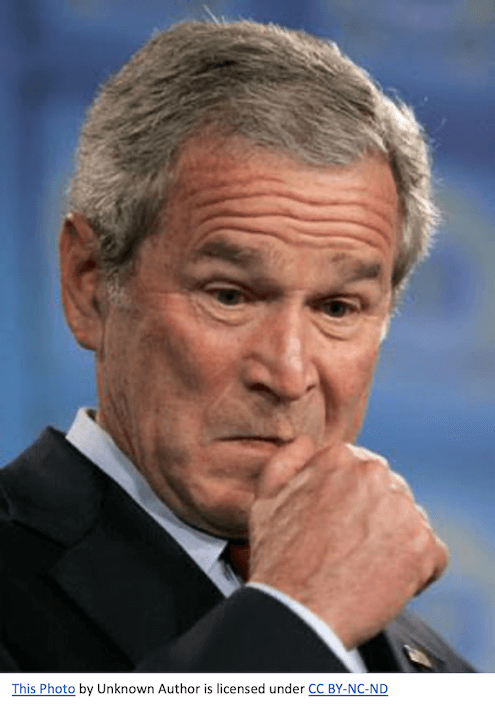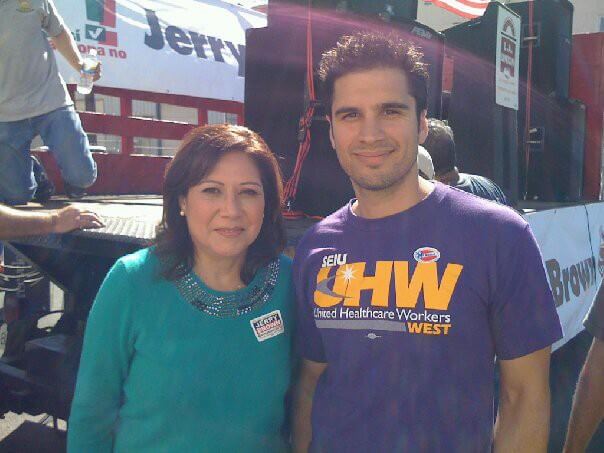The story began on Tuesday, November 7th, 2000. I was a college student, newly awakened to the importance of politics, hunched forward on my sofa as the results of the presidential election rolled in. I remember the anxiety I felt, wondering which direction the nation was going to go. The stakes were high. I fell asleep there at three AM, in the grip of the coverage, without answers. The weeks that followed formed the foundation of what to this day remains my political value system. When an unelected body, the US Supreme Court, determined that election workers should stop their recount efforts and certify George W. Bush as the winner in their state, I was disturbed. An agency of our allegedly democratic government had interfered with the execution of a democratic election. The ramifications of this felt enormous. I had an inkling then, young student that I was, of what the fallout of that decision could mean. I couldn’t see the whole future, but I knew something was seriously wrong.

Four years later, in the new, post-9/11, PATRIOT Act world, I had seen enough of George W. Bush’s policies and wars to know that my instinct had been correct. I knew I couldn’t be an observer any longer, and I signed up to work for John Kerry. I fervently believed we as a society could undo what I thought was an egregious misstep. And then, Kerry lost. It’s hard to recall the exact tenor of my disappointment that day. It was not insignificant, I can say that. It was a moment of pause, for me and for many others. I had to take stock of the situation. This realization left me cynical and faintly disgusted at first. Power was something that encompassed more than casting a ballot. Power was about mobilization on a larger scale, mobilization that went deeper than partisan politics and operated every day, constantly, regardless of election cycles. I knew I had to decide how I was going to respond. What could I do to preserve or restore democracy? What work could I pursue that might reverse the flow of power and wealth away from working people and toward a tiny elite, bent on keeping their money and influence at all costs? I knew we would need to build tremendous power with sustained mobilization of working people at a grassroots level. I looked around for work that would allow me to focus on that goal, and began my career working for labor unions.

It was good work, and important, but over the course of my career as a union organizer, I began to feel that we had two key problems: one was a problem of pace, and the other a problem of scale. Union organizing is tremendously powerful, but it’s slow, shop by shop, worker by worker. Industries add new jobs at a rate of tens of thousands per month. The average union election involves less than 500 workers, and they take months to execute in the face of often massive interference from the employer. One-on-one relational organizing takes a great deal of time (at least, following the models we’ve historically used). Whereas the means of tearing down democracy, as we can see, are frighteningly fast. I felt that those of us who believe in a better society were falling behind the pace of the people and entities that want to keep a death grip on their money and power. I began to imagine the systems it would take to defeat them.
Fast forward to 2022. To be blunt: things are kind of spiraling out of control right now! Public trust in our electoral system is practically nonexistent on either side of the aisle. Faith in our government’s ability to protect us from pandemics, white supremacist terror attacks, baby formula shortages, and huge inflation spikes is historically low, with good reason. Decades of inaction on climate change has led us to the brink of several catastrophes. The inkling I had in November of 2000 has become a full-blown reality. The lack of faith in our democratic institutions has reached a critical point. Our rights as citizens and our reliance on the basic societal structures that guarantee safety are jeopardized on several fronts. It is a problem of pace and scale. The problems have outpaced and outscaled our attempts at fixing the problems.
That’s why I co-founded TCW Strategies. Our company’s whole purpose is to help organizations look beyond their present horizons, because that’s where we think the solutions are. Collectively, we as a whole progressive movement need to think big. We need new methods that operate on a larger scale to restore rights, citizen’s protections, and the basic functionality of our government. It does not have to be this way. If progressive organizations mobilize people on a large scale, coordinating their efforts across geographies and constituencies, at a pace that drives our agenda instead of reacting to theirs, we can get an edge back. We can restore faith in the system by reestablishing the system on terms that are agreeable to the vast majority of people, not just the greedy elite. We can restore our democracy–or maybe build something even better, more inclusive, more just, more compassionate. We’re going to have to do these things on a really large scale. We need to get ready. The future is coming either way.



